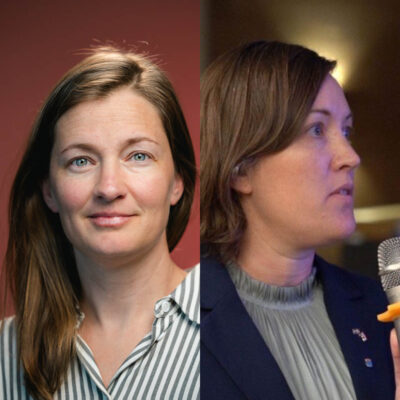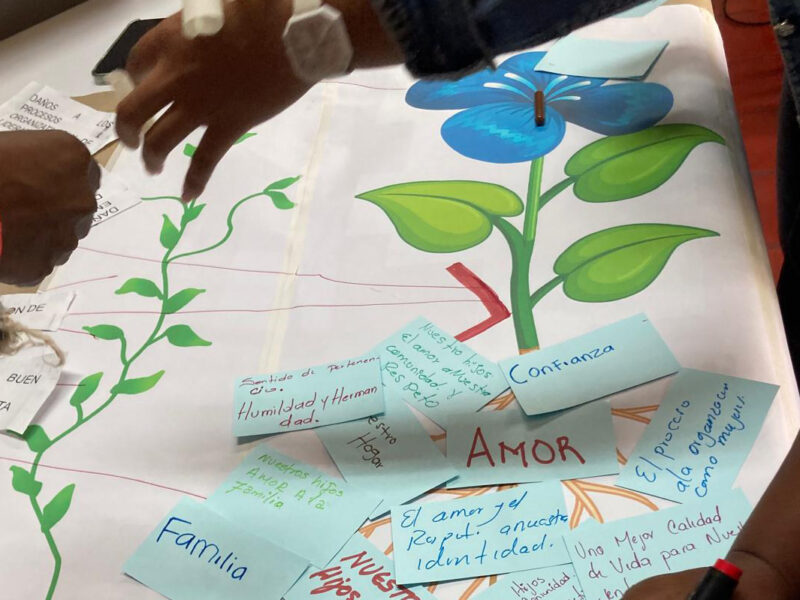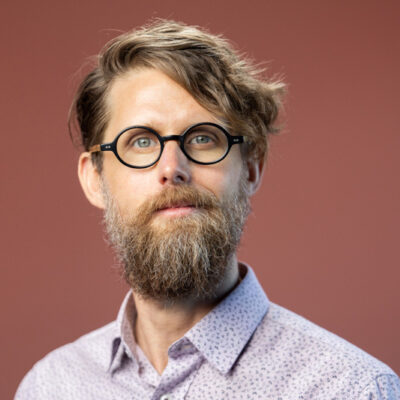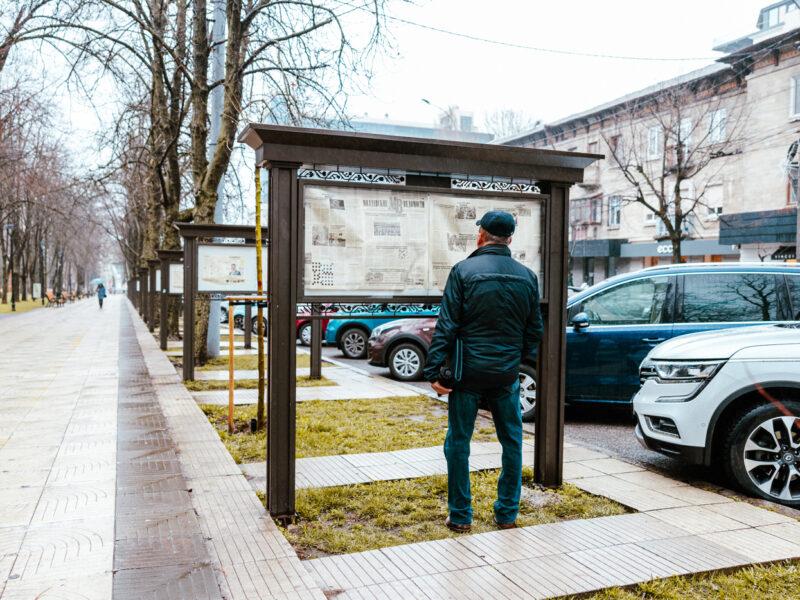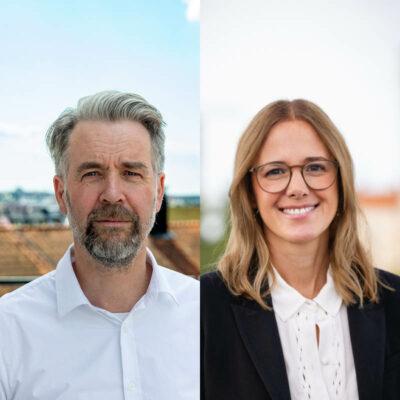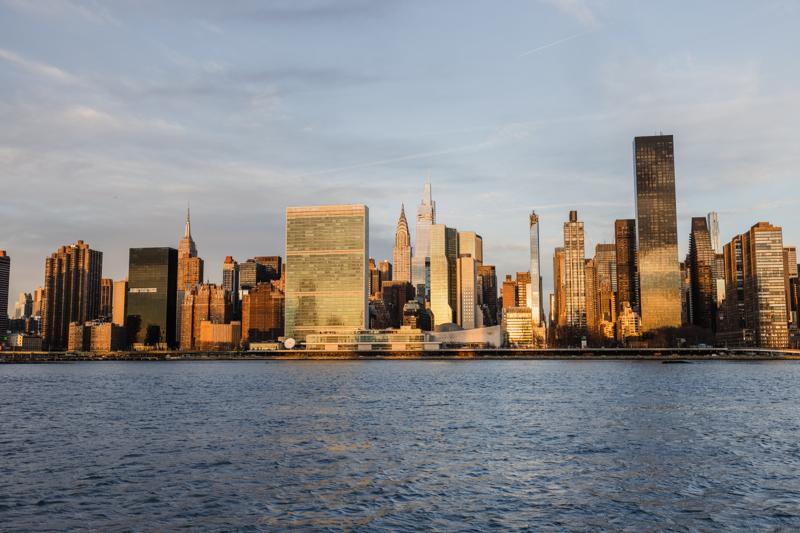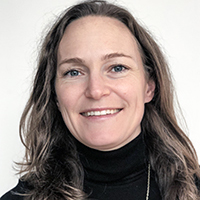A Farewell to Arms
The first question that most probably comes to mind is, why this title? I just happened to be reading Ernest Hemingway’s Farewell to Arms at the same time that I am packing my bags to leave FBA after three years (six, if I count working as a consultant for FBA’s prolific and innovative Rule of Law Programme).
Hemingway’s book is set during a time of unending war, displaced populations and uncertainty across Europe. The backdrop is the Italian campaign in WWI, exactly 100 years ago this year. The violence and suffering and needless loss of life abound. Back then, media on both sides were peddling their war propaganda to convince people back home of the necessity, and glory, of the fight. Yet, in the middle of it all, there is great hope. As it should be in times of war and conflict.
I read that we are more modern today than we were in 1916. But despite all this commendable progress, we’re still grappling with some of the basic philosophical ideas of the Enlightenment. It does not bode well if we start losing our moral fibre! This affects how we approach issues of social cohesion, state-society relations and how we choose to live our lives. It also perhaps goes some way to explaining the current state of play in global politics that has regressed to such a degree that the work of government agencies, international organisations and civil society organisations in peacebuilding and rule of law has never been as important and necessary. To borrow a now oft-used phrase, the space is closing in regimes that would rather see less democracy promotion and more repressive government.
The neoliberal agenda is under threat from marauding terrorists and emboldened populists on the home front, peace is a rare commodity and the space for freedom of expression is shrinking at an alarming rate. It’s easy to sit back and think, have we come full circle since Hemingway put pen to paper? All those organisations involved in peacebuilding, development cooperation or human rights usually get a lot of stick for being too corporate or not taking dangerous risks of operating in conflict zones. Yet, this criticism is often too generalised or blatantly unfair. Granted, there is a large amount of NGOs pandering to corporate interests, but there are also a number of organisations, both local and international, doing herculean work in very difficult conditions and often at considerable risk to themselves and their committed partners working within very shaky environments. These organisations are in Somalia, in Sierra Leone, in Sudan and in Burundi to name but a few. Seldom, if ever, do they get the recognition they deserve.
There’s no doubt that the world is a less safe place than it was when I started out working on peace, security and development several years ago. At the same time, it makes it so much more important not to lose focus on the most pressing issues and keeping up an approach that strengthens the underlying foundations of a functioning state based on the principles of the rule of law and embracing the values we hold dear – fairness, dignity and a value system that is built on empowered citizens and accountable governance.
Conflict patterns are less and less predictable, and with this uncertainty comes the need to adapt and be a step ahead in aiming to prevent conflict. The international community has been considerably short of ideas in Syria and Ukraine, but this does not mean that we who are implementing projects and programmes go on as before. Developing ideas, being innovative and observing the shift and flow of politics and governance should form our interventions, not old hat thinking on expensive one-off exercises that often lead to few tangible effects in the long term. The emphasis should be on achieving political change and smarter ways of supporting reform, rather than only pursuing a technical assistance agenda.
I found it somewhat gratifying that Hemingway wrote 47 different endings to the book Farewell to Arms. Less glamorous, for sure, but now I don’t feel so bad about the number of draft project proposals I’d go through before settling on the final one. I’ll definitely keep that in mind as I move on to the next challenge. Time and tide wait for no man, so the saying goes. I expect Hemingway considered this once upon a time, too…
av Shane Quinn


